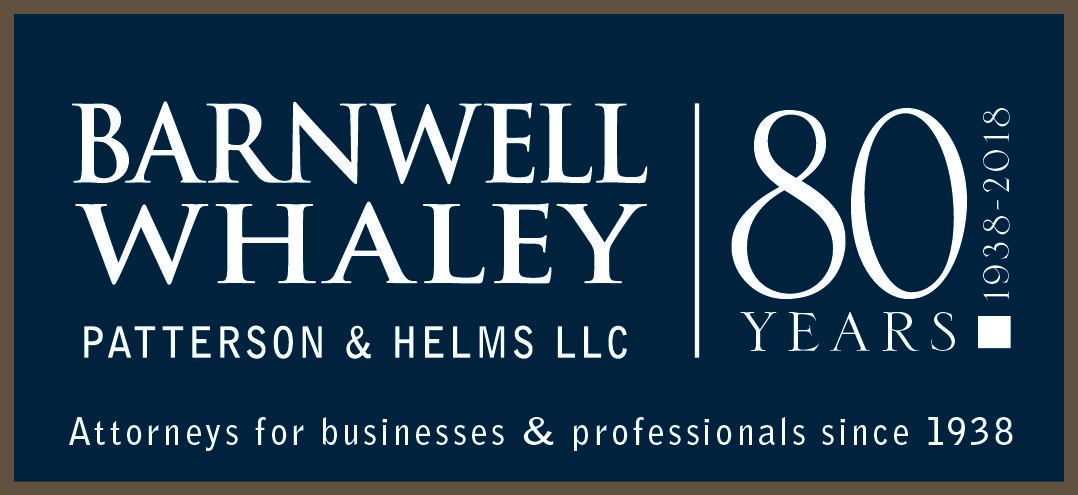
MTD Products Inc. v. Andrei Ianchu, Under Secretary of Commerce for Intellectual Property and Director of the United States Patent and Trademark Office No. 2017-2292
Fed. Cir. August 12, 2019
Before Circuit Judges Reyna, Taranto, and Stoll
The Toro Company sought inter partes review before the Patent Trial and Appeal Board. The Board held the challenged claims obvious under 35 U.S.C. § 103. Critical to its decision, the Board determined that the claim term “mechanical control assembly . . . configured to [perform certain functions]” is not a means-plus-function term subject to 35 U.S.C. § 112, ¶ 6. MTD Products Inc. appealed.
The patent specification did not expressly refer to a “mechanical control assembly,” though it did describe a “ZTR control assembly.” The Board concluded that since the specification disclosed a corresponding structure, the claim term “mechanical control assembly” has an established structural meaning, and therefore, the term is not a means-plus-function term.
The court explained that “[t]he Board’s analysis implies that so long as a claim term has corresponding structure in the specification, it is not a means-plus-function limitation…..Indeed, this view would seem to leave § 112, ¶ 6 without any application: any means-plus-function limitation that met the statutory requirements, i.e., which includes having corresponding structure in the specification, would end up not being a means-plus-function limitation at all.”
“[t]he Board’s analysis implies that so long as a claim term has corresponding structure in the specification, it is not a means-plus-function limitation…..Indeed, this view would seem to leave § 112, ¶ 6 without any application: any means-plus-function limitation that met the statutory requirements, i.e., which includes having corresponding structure in the specification, would end up not being a means-plus-function limitation at all.”
The court explained that interpretation of an asserted means-plus-function limitation involves two steps. As part of a first step, it is determined whether the claim limitation connotes a “sufficiently definite structure” to a person of ordinary skill in the art. If the limitation is determined to be in means-plus-function format, the second step requires a review of the specification to identify the structure that performs the claimed function. According to the court, the Board conflated these inquiries. Since the nonce term “mechanical control assembly” does not have a meaning that is sufficiently structural to a person of ordinary skill in the art, and the specification does not demonstrate that the patentee intended to act as its own lexicographer with regard to the term, the court concluded that that the term is a means-plus-function term governed by 35 U.S.C. § 112, ¶ 6
Read more: Federal Bar member attorneys may access the full case summary by Barnwell Whaley attorney Bill Killough in the September issue of Federal Circuit Case Digest
Additionally, you may read the full opinion here.
Image: istock

B.C. “Bill” Killough is a registered patent attorney with Barnwell Whaley law firm with offices in Charleston, SC and Wilmington, NC. On behalf of his clients, Bill has obtained more than 300 United States patents, participated in prosecuting more than 100 foreign patent applications and he has filed more than 1000 trademark applications with the US Patent and Trademark Offices.


